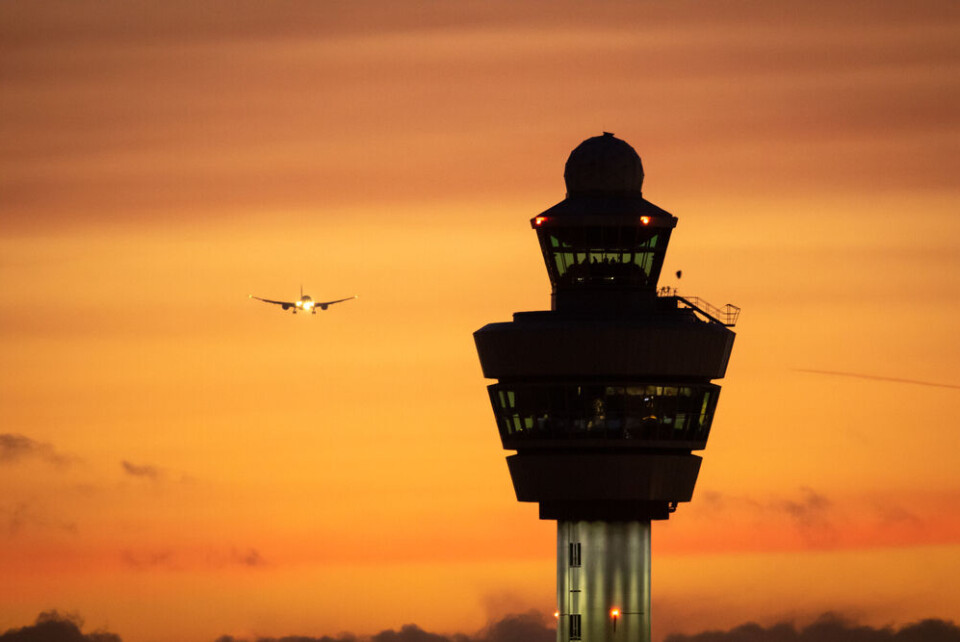-
White storks make strong return in France via nest ‘platforms’ and clipped wings
The Ligue pour la Protection des Oiseaux shares the conservation challenges in saving these birds from extinction
-
Hosting scheme in south-west France lets newcomers sample lifestyle
Households in nine Dordogne communes volunteer under Mes Nouveaux Voisins scheme
-
French boulangeries demand right for staff to work on May 1 so they can open
Artisan bakery owners can work but employees cannot, while certain industrial bakeries are allowed to remain open with workers
French MPs move to stop last-minute air traffic controller strikes
Air staff now need to give advance warning of their individual intent to strike in order to minimise disruptions

France’s parliament passed a vote on November 15 to limit the strike powers of air traffic controllers in the country.
The law includes a stipulation that they must announce their individual intent to join a strike at least 48 hours before any collective strike action begins.
The motion passed by 85 votes to 30 in the National Assembly, with Transport Minister Clément Beaune saying it would help put an end to the “asymmetric system" that causes serious "public service disorganisation.”
However, some left-wing MPs criticised the bill, with Green MP Lisa Belluco calling the law “a threat to the right to strike.”
Air traffic controllers announced that they will go on strike in protest against the new law on November 20.
Read more: Air traffic control strike to hit many French flights next week
Strikers must notify authorities of their intent
The new law mandates that all staff "whose absence is likely to have a direct impact on the flight operation" must declare their participation “no later than noon two days before the strike.”
At present, unions must announce strikes at least five days before they start, however individuals do not have to declare their participation. This can make it unclear how popular, and how disruptive a strike will be.
Centrist MP Damien Adam (who sponsored the bill in the National Assembly) said it would provide “an adapted minimum service” and end the uncertainty that takes place in the run up to these strikes.
During strikes that affect certain key services, including hospitals and public transport, a minimum level of service must still be provided.
The government, for its part, added that it would review the levels of minimum service required in the aviation sector.
EU law changes may follow
During the extended pension reform protests in early 2023, air traffic controllers strikes caused major disruption to travel across France and Europe.
Many European flights fly over French airspace which means that during strikes flight paths across France are unauthorised due to the lack of staff.
In such cases, this can lead to many flights being grounded even if France is not their destination.
The strikes ultimately caused many airlines, including Ryanair, to petition the EU to change European laws.
Among their demands was that, in case of strike action, domestic flights and those landing/arriving in that country should be cancelled first, before any route flying over the country is affected. A similar law already exists in Italy.
Earlier this year, the controllers announced that they would not cause disruption by striking during, or in the lead up to, the 2024 Olympic Games in Paris.
Between 2004 and 2016, they have accumulated 254 days of strike action, far more than the second placed country [in Europe], Greece, where controllers have been on strike for 46 days during the same period.
Related articles
French unions threaten Christmas and New Year rail strike
Travel: How to be reimbursed if affected by strike action in France
























